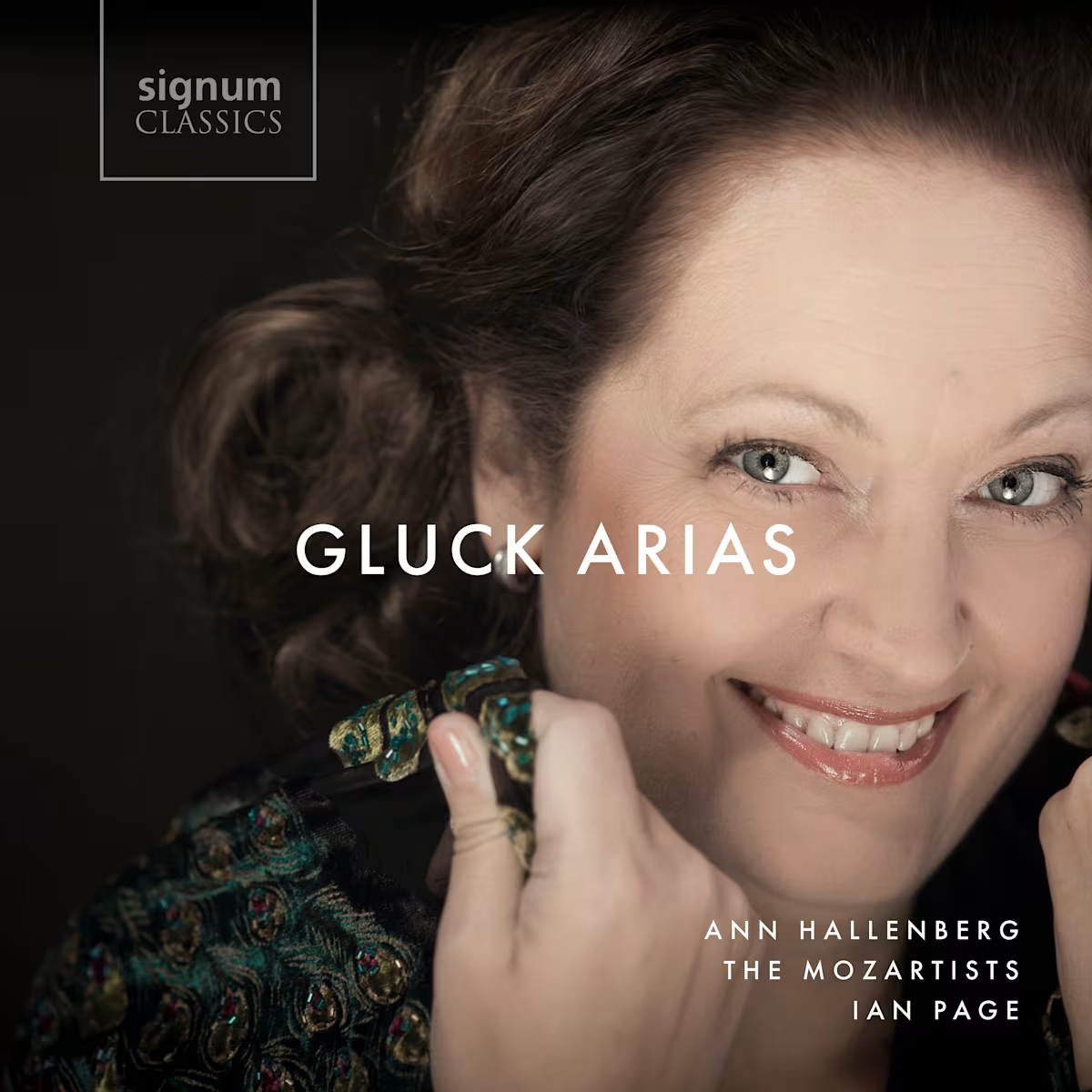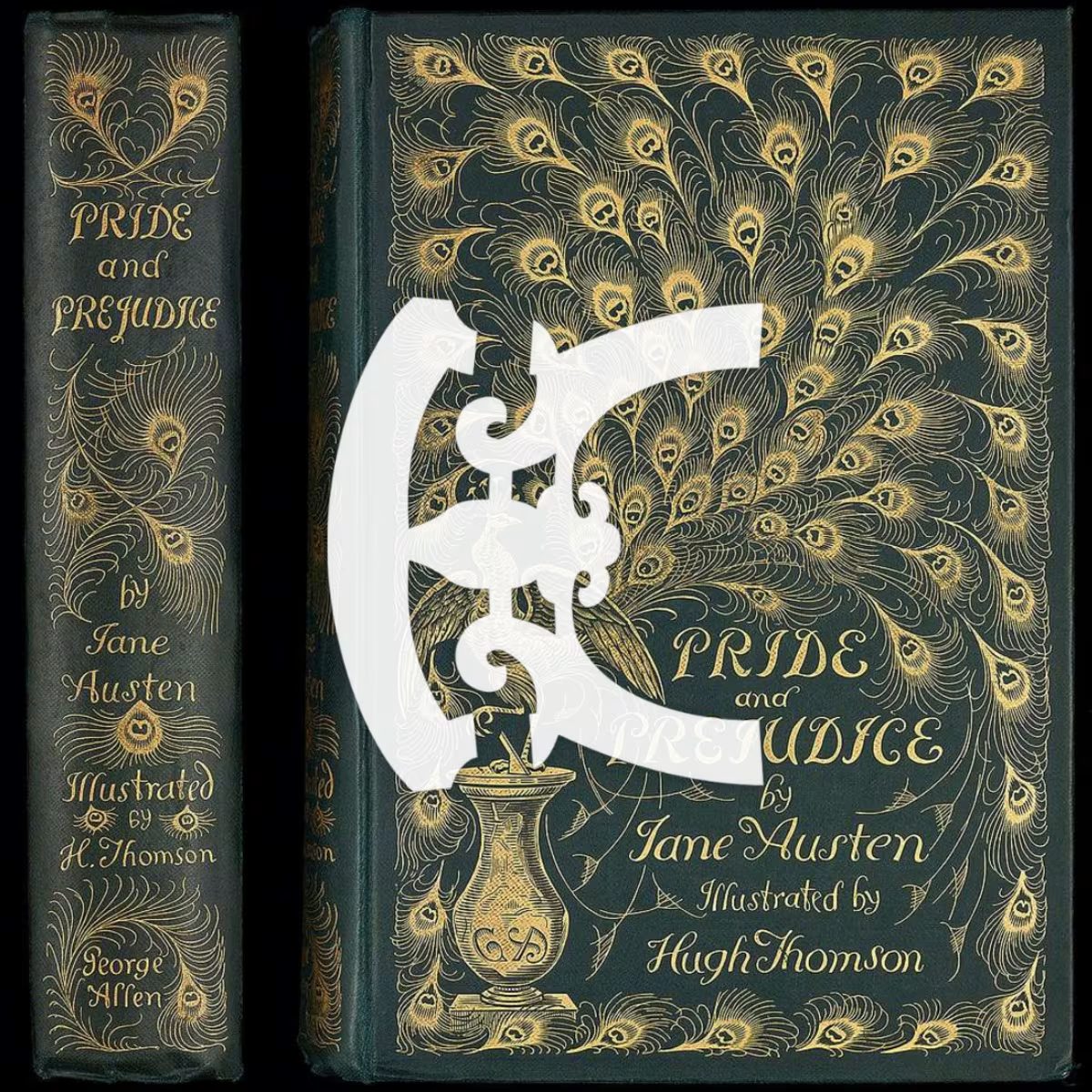Feature
Ashley Solomon and Florilegium
Connecting Past and Present Through Musical Exploration
Share this

FIRST PUBLISHED 06 OCT 2024
Each decade of the last seventy years has seen the emergence of an ever-increasing number of distinguished early music groups in Britain – Academy of Ancient Music, The English Concert, and Monteverdi Choir and Orchestra, in the 1970s, for example, and from the 1980s, the Orchestra of the Age of Enlightenment, among the big ones. But there have been smaller ensembles that vary in size according to need. In mainstream classical music, the one that springs to mind is the Nash Ensemble. In early music, Florilegium has fulfilled that role for a long time.
The group was co-founded by Ashley Solomon as he was finishing as a student. “I graduated in 1991 from the Royal Academy of Music on recorder and baroque flute, having started my studies there as a modern flautist. I caught the bug for baroque flute while on a summer course in Casa Mateus in Portugal,” the stately home from the 1740s at Vila Real, east of Porto, which had hosted a Baroque music festival and summer course since 1985. “I spent one afternoon playing baroque flute duets in the chapel with the course tutor. It was one of those lightbulb moments as baroque music suddenly made so much more sense. Florilegium gave our debut concert on the same day as my graduation from RAM in July '91, so I didn’t manage to officially graduate. Our first concert was in Blackheath Concert Halls: not a bad alternative to the graduation ceremony. My co-founder and I gathered together friends and colleagues who were all finishing their studies from various music colleges at roughly the same time as the core group of the ensemble."
“As a flautist, you have to wait around all day for the phone to ring because you are not always needed in much of the baroque orchestral repertoire. I suppose it was always going to be a challenge becoming a professional baroque flautist. I should have studied the baroque oboe, an instrument that composers like Bach used almost all of the time. The core players in Florilegium realised quite early on that we couldn't sustain an orchestra financially, even a baroque one, so we slimmed the idea down to a chamber ensemble. We were all passionate about exploring the fantastic wealth and depth of chamber repertoire from the 17th and 18th centuries. By our third year, we had sixty performances together, in the UK and further afield, learning new repertoire all of the time. In 1992, we started recording with the Dutch label Channel Classics, after one of those lucky breaks, and since then have collaborated on over 30 CDs. I see our discography as sort of a history or CV of the group.”
That catalogue has garnered them a pile of accolades from Gramophone, BBC Music Magazine, the Diapasons d'Or in France, and an Edison Award in The Netherlands. Many have featured Ashley in chamber music with various single accompanists, but Florilegium has expanded well beyond that – up to the Bach Brandenburgs and concertos by Vivaldi and Telemann, and even big enough to tackle Haydn's Morning, Noon and Night Symphonies on a recent release, so his original intention to concentrate on small forces has become less rigid over time.

Florilegium's influence has had global, not just European, reach. “As a small ensemble, you can get some unusual opportunities and engagements, and one of ours was to Bolivia.” They were invited to the Misiones de Chiquitos festival of Renaissance and Baroque music in 2002. “We were the first UK-based group to be invited to the festival. When we arrived, we were asked by the artistic director of the festival, Dr. Piotr Nawrot, to include a piece of music from one of the archives in the Missions, a sweet anonymous recorder concerto (Pastoreta Ychepe Flauta). As a recorder player, it was wonderful to discover a new work for my instrument from the Americas, but more remarkable was that the local indigenous people who attended our concert in the Mission Church of San Javier knew this piece as it was often played in their Masses, and they sang along with us during the concert."
“Back in Santa Cruz, I naively asked if there was any more music from this archive and was told that one collection housed over 8,000 pages of manuscript from the 18th century. There was another archive with a similar amount. Some of this music was attributed to composers we might recognise (Zipoli, Brentner, Bassano, Araujo), but many of the local musicians who had been taught to compose by their Jesuit teachers were encouraged to sign them off as anonymous. We presented a concert of this music at the Wigmore Hall with Emma Kirkby in 2003, and it sold out. I met the Director of the Prince Claus Foundation there, and they helped support my work in Bolivia for the following 8 years, which gave the whole project momentum."
“Twenty-two years later, I am still very much involved in projects there, but no longer with Florilegium. I established Arakaendar Bolivia Choir in 2005 together with APAC (the Association for Art and Culture, based in Santa Cruz) and since 2008 have had a baroque orchestra made up of Bolivian musicians on period instruments. Initially, I brought the baroque string instruments with me whenever I travelled there for projects, and now we have luthiers building copies of these European-made instruments from indigenous woods found in the Amazonian rainforests. I still go there once or twice a year for projects with these wonderful and inspiring musicians, and the baroque festival, which happens every two years, now involves me taking students from the RCM Historical Performance Faculty to play alongside the Bolivian musicians in Arakaendar Bolivia.”

The link he has built with the Royal College of Music was forged not long after Florilegium started. “I've been teaching at the RCM since 1994.” He became Head of Historical Performance in 2006 and in 2014 was awarded a Personal Chair. “Since then, I've witnessed an extraordinary explosion of talent – and not just among the specialists,” he says. “There is a remarkable generation of players coming through who are able to play exceptionally on both modern and period instruments. This is the generation who know how to be historically informed without having to convert fully to just period instruments. Our expectation now is that our students should not only be exceptional but also flexible as artists and performers.”
He is keen that Florilegium today is not just an ensemble of colleagues but a pathway for young emerging musicians. “As time has gone on, we have been able to bring in many of our recent graduates as new members. They bring a new energy and sense of enquiry. It's very inspiring for us and important for the younger generation to have these opportunities. It certainly wasn’t the case for me when I started out. All the principal wind players in the established ensembles had their preferred number two, so I never really made it onto their list. When we expand to a large orchestra for performances of Bach’s St. Matthew Passion, as we do each year with the Bach Choir at the Southbank in London, or a Passion in Winchester or Salisbury Cathedral, I can look around at an orchestra of up to sixty-three players, including many of the new generation who have been trained at RCM by my Faculty.”
Ashley feels that for musicians leaving college, times were tough when he graduated at the end of the Thatcher years, but that they are much tougher now as cuts to arts budgets bite. “COVID was a disaster, and for many of the new musicians, it could have been a professional death knell. Thankfully, many have come out the other side and, thanks to the tremendous support from the Continuo Foundation, are doing really well, like the Consone Quartet. They have exceptional musical initiatives, outstanding technique, and a passion for their music, as well as being very professional in the way they think about the business of music.” The choices and opportunities facing young players are not easy. “Competitions are important to help launch some careers, but there are other ways into the music industry for those who commit and find their own special voice. I’m happy to offer the younger generation opportunities to work with us, but they also have to take responsibility for their own career path.”
For all that, he remains optimistic and is heartened by the number of groups that are finding a place in contemporary music-making. The task they face has not changed fundamentally over the thirty-plus years since Florilegium began. “Our mission in the world of early music and the historical performance movement is about challenging the perspective and perception of our audiences – convincing them to enjoy and delight in our unique colour and sound, to show that this music fits perfectly with the instruments of the time.”
Florilegium's latest album, The Spohr Collection Vol. 3, supported by a grant from Continuo Foundation, is out now on Channel Classics.
Author: Simon Mundy
Share this
Keep reading

Carnival spirit at The Vache
Ashutosh Khandekar reviews Vache Baroque’s recent production of ‘Le carnaval de Venise’ by André Campra.

Gluck Arias | Ann Hallenberg with The Mozartists & Ian Page
Ian Page and The Mozartists’ latest recording for Signum Classics features a programme of Gluck arias sung by celebrated Swedish mezzo-soprano Ann Hallenberg.

Playlist: Jane Austen at 250
Our latest playlist celebrates the 250th anniversary of Jane Austen’s birth with music used in TV adaptations and music she would have played herself.



